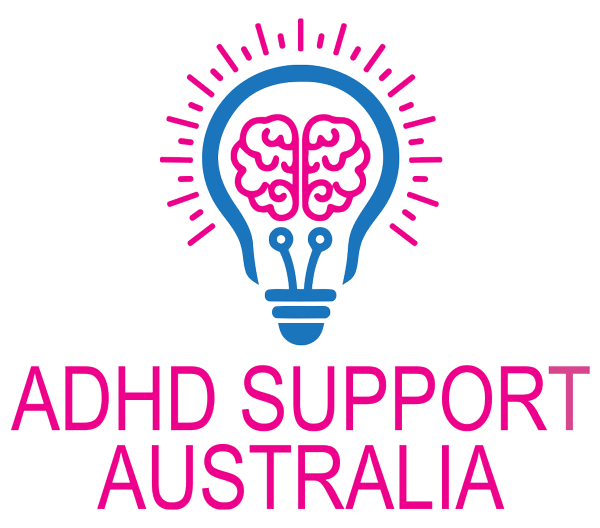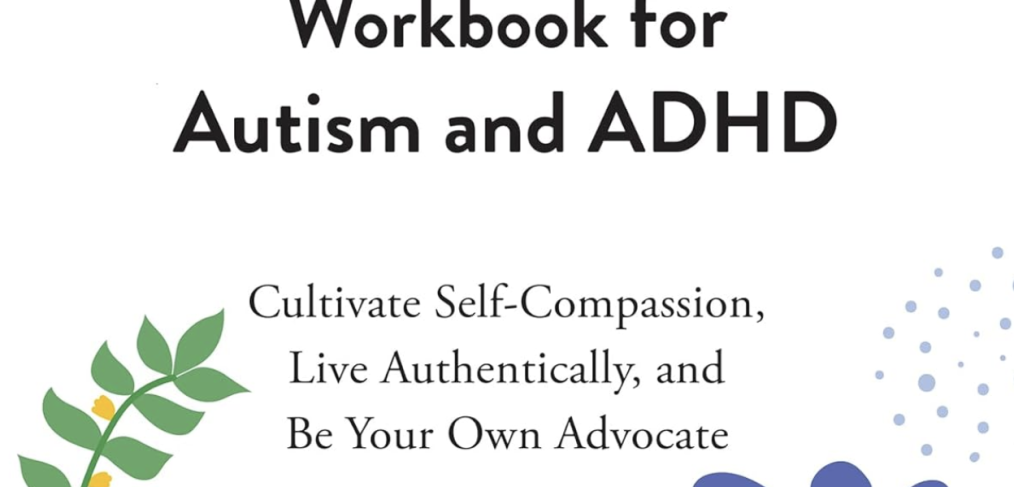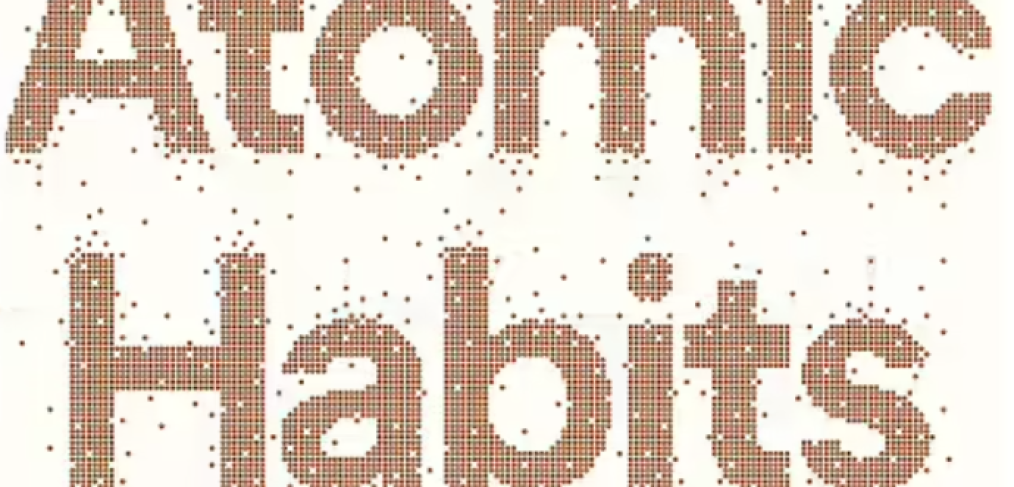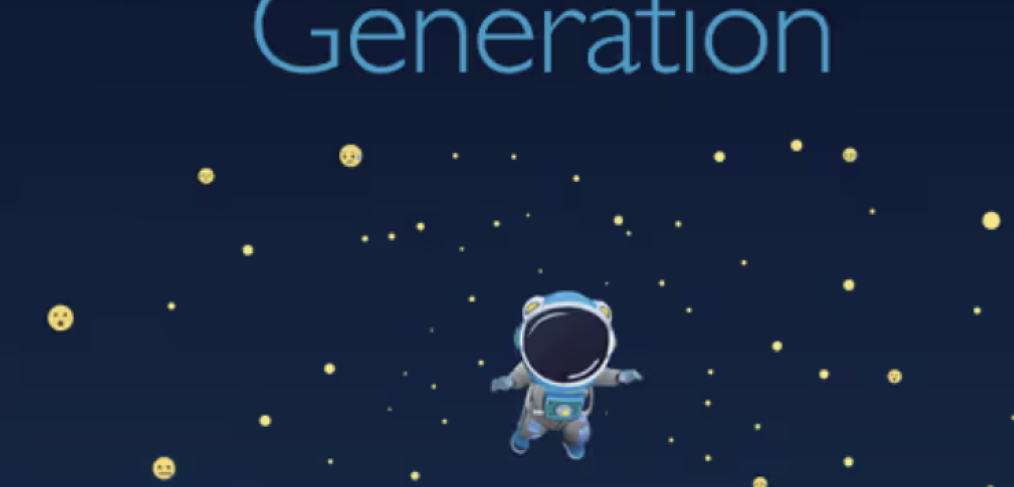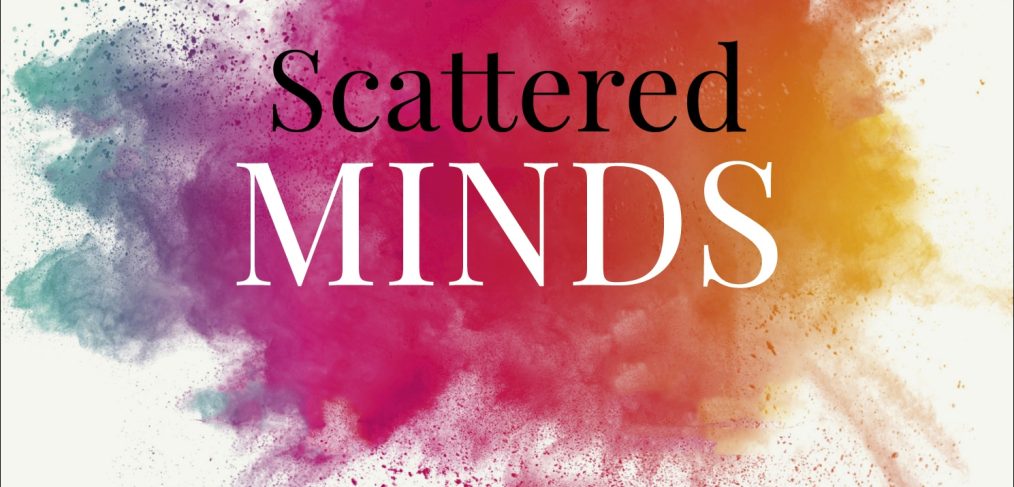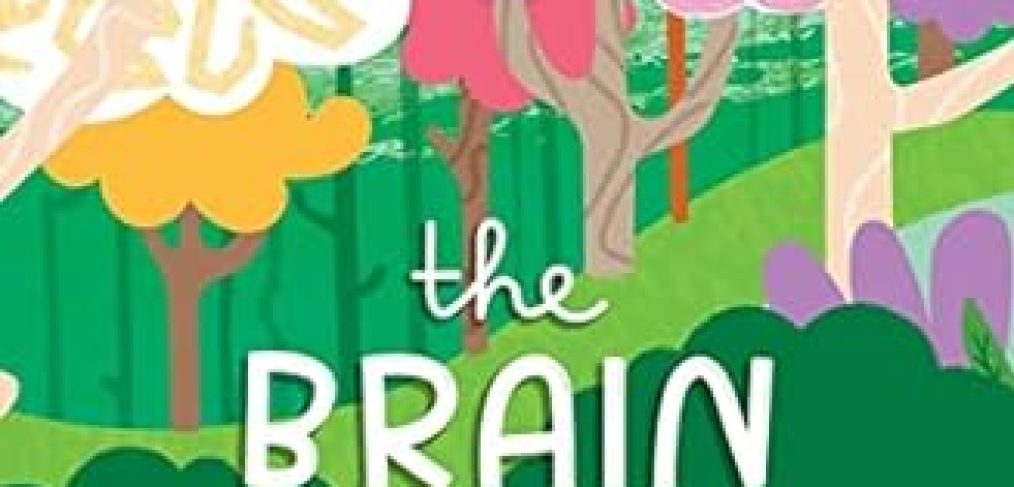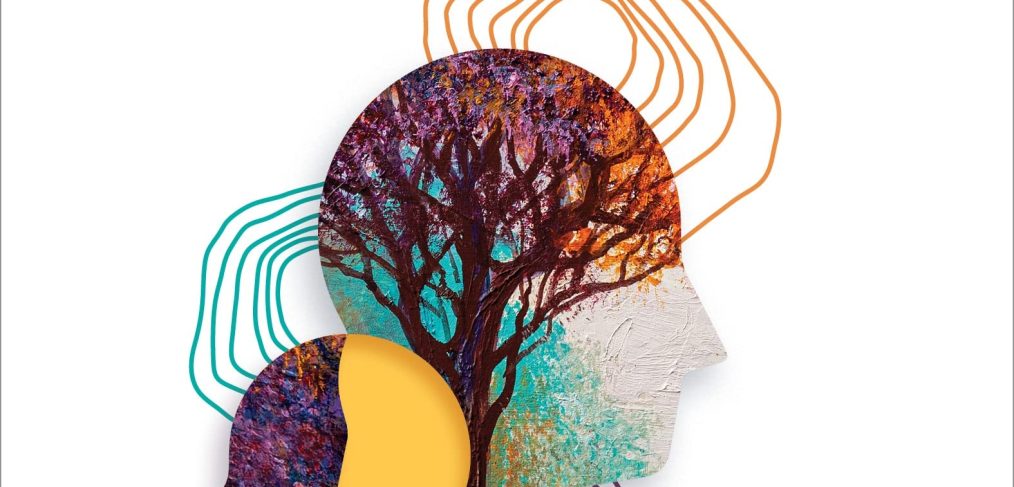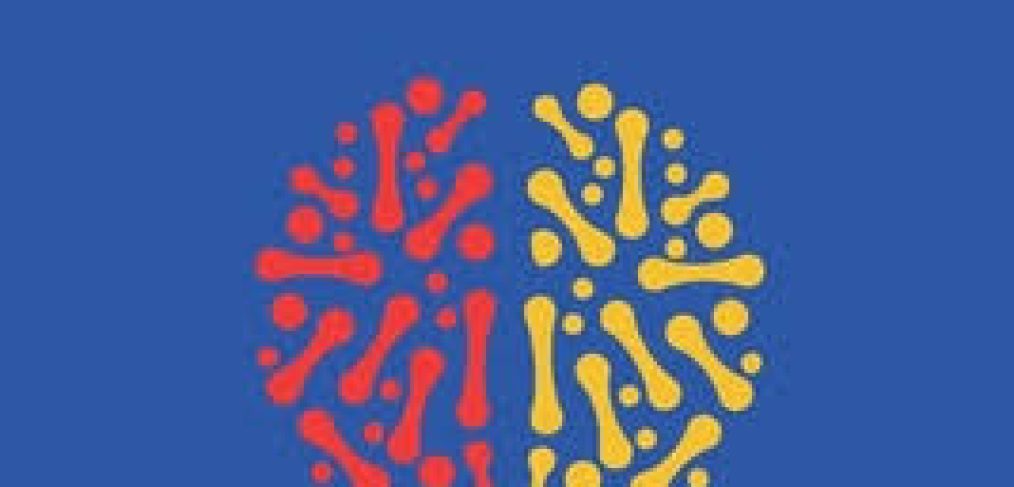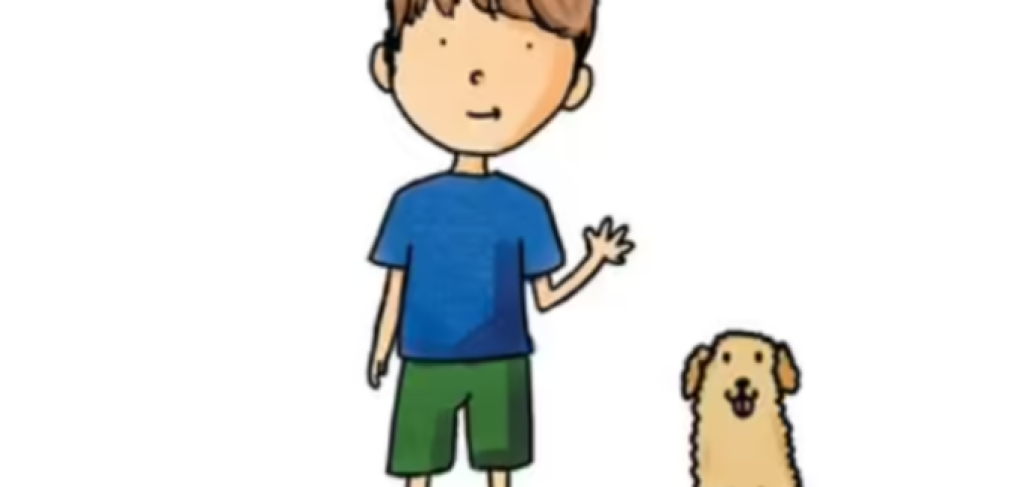250 Questions for Dates
Most people decide whether a second date is on the cards in under an hour. Feeling the pressure?
Dates are stressful, and a lot rides on that first conversation.
When your palms are sweating and you’re already hooked on your date’s eyes, how do you make sure they’re getting hooked on you?
The answer’s simple: you ask questions. Not just any questions though–they have to be the right questions.
Sound stressful? Not if you have the proper guidance.
How many times have you kicked yourself for the nonsense you heard falling out of your mouth on a first date?
How many second dates have you lost because the conversation became stagnant before it ever got going?
The first date is your earliest opportunity to get to know someone intimately. It’s your chance to find out if you’re compatible, if you have the same passions, and if the same things make you tick.
For this to happen though, you need a killer question to spark hours of conversation.
This is your golden key to securing a second date.
In 250 Questions for Dates: Never Ask About the Weather Again!, you’ll be given an arsenal of material to get the conversation flowing. You’ll find:
- 250 killer questions so that you never find yourself stuck for words again
- A toolbox of deep questions that will surely deepen your date’s interest in you
- Foolproof ways to learn about the very essence of your date, even when your mind is chaos
- The questions certain to raise any red flags you need to know about now, before it’s too late
- The #1 way to get answers to the things no modest person will ever brag about
- How to pick the perfect restaurant for the second date without even asking them
- A guaranteed way to get a meaningful conversation flowing that is far bigger than 1 simple question seems
And much more.
We can all remember a time we were stuck for words when all we really wanted was to truly get to know someone.
Once you’ve been there, you’ll know it’s not somewhere you want to be again.
Data has shown that if you date someone for 3 months, you’re likely to start a serious relationship with them. Discover how to turn that first night into at least 3 months of conversation you never want to end.
If you’re ready to become the person you’d want to date and leave a lasting first impression, click “Add to Cart” right now.
